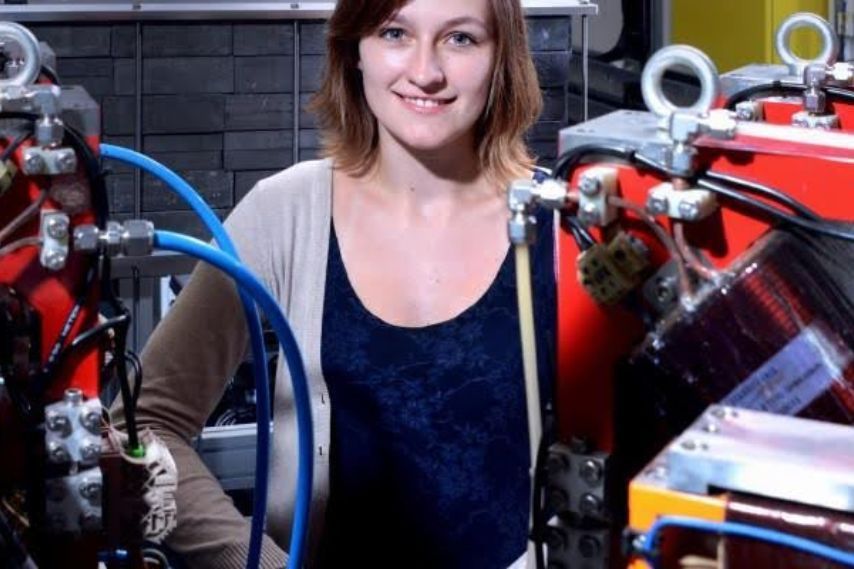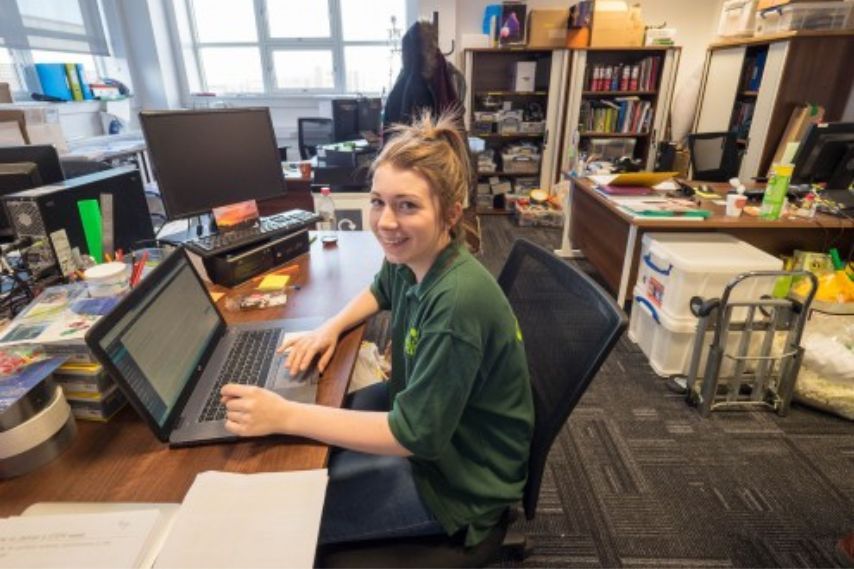How Do I Find Physics Work Experience and Resume? Who Can Be Actually Called a Physicist?

Explore various channels for gaining Physics work experience
First, you might want to make a list of your top interests. Applying to a lot of different opportunities could seem like a good way to increase your chances of getting in, but applying to too many will wear you out. If you are not able to demonstrate a sincere enthusiasm and passion in the position, a company is likewise unlikely to accept you.
One thing to think about is if you can envision yourself doing this function in the future. Do my principles and the company's ethos match? Does my skill set apply to this job? Why not use professional networking sites like LinkedIn to make connections with people in the field and find out what they do for a living?
Work experience may be obtained through a variety of channels. For instance, it's important to take notice of the application date and whether the organization offers work experience if you're interested in it. A quick Google search and employment websites like Indeed will also yield a variety of results. The physics society or careers hub at your institution might provide you guidance if you're still enrolled.
How is the application procedure conducted?
The application procedure varies throughout businesses. A lot of businesses, particularly the more illustrious ones, need applicants to finish multi-step applications. An online application, a video interview, and an assessment center will all be required for this. Only a small percentage of candidates will advance to the following stage.
In smaller businesses, this procedure is frequently much shorter. If your online application is accepted (with your resume and cover letter), you could be contacted for a follow-up interview.


How can I increase my likelihood of getting accepted?
As applications might be competitive, you must ensure that yours is unique. Make sure you can express to the employer and to other people your interest in a career in physics. Give concrete instances of the company's actions that drew your interest, such as a project or effort they carried out.
Speaking about your unique qualities and why they should pick you above the other candidates is equally vital. You can discuss your love of physics and a current research project that piques your interest even if you don't have any Physics Work Experience or physics-related professional experience. Your experiences will provide you with transferable abilities. For instance, working as a part-time waiter demonstrates your ability to manage your time well and find effective solutions to issues.
Who is a physicist in the true sense?
A physicist is a person who investigates natural events and the cosmos in which we live. They endeavor to comprehend how and why things occur in the manner that they do. Advances in several fields have resulted from physicists' discoveries on the functioning of our cosmos. For example, we wouldn't have televisions, microwaves, or X-rays if physicists didn't understand how the electromagnetic spectrum functions and how various waves operate.
Physicists can do in-depth study on a topic they are familiar with since they usually specialize in an area of physics that interests them. Astrophysics, nuclear physics, and particle physics are among the specialties.
Who is qualified to be a physicist?
A physicist is defined as "a person who studies physics or whose employment is associated with physics" by the dictionary. Therefore, everyone who actively participates in the area of physics—whether via completing an apprenticeship in physics or studying the subject for their GCSEs or National 5s—is referred to as a physicist. Many persons who work in physics-related fields, including engineering, can also identify as physicists.


What about the career of a physicist?
Anyone undertaking research in physics can identify oneself as a physicist, unlike attorneys or physicians who must be properly certified to hold these titles. Despite what many people think, you don't even need a PhD to identify as a physicist! Even a master's degree apprenticeship in research science can provide you with a theoretical and practical grasp of physics research.
Regarding the subject, read our piece on the 10 most well-known physicists, who have all made incredible advances to the discipline.
How can my physics skills improve?
There are many non-degree-granting methods to broaden your physics knowledge. Online courses and videos are widely accessible, offering both a foundational grasp of physics and a more in-depth exploration of many specializations. Furthermore, a wide variety of institutions and organizations provide lectures on many aspects of physics. It is also possible that your local science museum has a section devoted to physics. Lastly, to find out more about physics and keep up with the latest advancements, visit websites like Planet Possibility and the Institute of Physics.
How should a resume or CV for physics look?
The Latin term Curriculum Vitae (CV) means "course of life." A resume gives a detailed account of your training, credentials, abilities, and professional background. It's always advisable to customize your resume for each job you apply for, including examples of your application of the competencies listed in the job description.
Applying for grants, jobs, internships, postgraduate programs, and many other chances will require a CV. Having a CV on hand might be helpful when responding to inquiries about your training and experience, even if the employer doesn't ask to see it.
How should my resume for physics look?
Put your phone number, email address, and complete name at the top of your resume. It makes it easier for recruiters to get in touch with you. Next, list your educational experiences in reverse chronological order, starting with the most recent. Remember to include your present schooling as well as the outcomes of your exams.
The next thing you must do is add your employment experience. Add the start and finish dates, your job, and the firm you worked for. Even if they have nothing to do with the job description, it's still crucial to mention them because they will provide you with experience that can help you in other areas.
It's critical to customize your experiences to the work requirements. If the job description, for instance, specifies that problem-solving abilities are required, give an example of a time when you assisted in resolving a situation, even if it has nothing to do with physics.


What more ought my resume for physics contain?
Any other experiences you feel are pertinent to the job description should be included in the remainder of your CV. Give the name of the course and the date you completed it if you have completed a training session or short course. Opportunities for volunteering should be included as well, although lengthier experiences go under job experience.
Make sure to include if you participated in an open day, insight day, or any similar event held by the firm. Lastly, don't forget to provide a link if you have any samples of your work, such as experiments or articles you've written!
What should my resume for physics not include?
First and foremost, be honest about all of your experience and grades. Employers may verify your information.
Steer clear of generalizations. For example, don't suggest you have excellent communication abilities without giving a work example.
Lastly, several items on your CV should not be included: a picture, your desired pay scale, or other personal information (such as your ethnic background).




